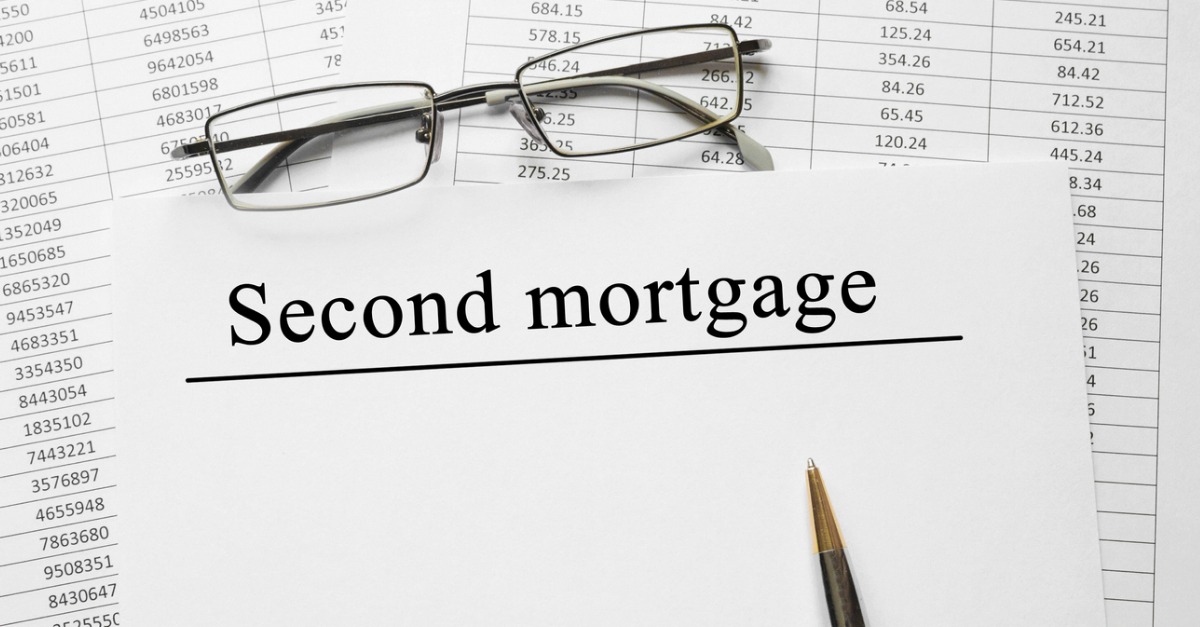
Is a Second Mortgage a Good Idea?
If you need money for home improvements, college tuition or another purpose, you might be able to secure funds with favorable terms through a second mortgage. Before you do so, it’s important to make sure you understand the terms and potential risks.
How Does a Second Mortgage Work?
A second mortgage is a loan that allows a homeowner to borrow against the value of their house by using it as collateral. A second mortgage draws upon the equity that has been accumulated. Equity can grow when mortgage payments lower the loan balance and/or when the value of the house increases due to renovations or a change in the real estate market.
The loan that was used to buy the home initially is the first mortgage and is secured with a lien on the house. A second mortgage can be subject to a fixed or variable interest rate. A second mortgage typically has an interest rate that is lower than rates for credit cards, but a little higher than the rate for the first mortgage.
Types of Second Mortgages
One option is to receive a lump sum of money to be repaid over a period of time. A lump sum second mortgage would typically require monthly payments that consist of a portion of the loan balance and interest.
Another option is to open a home equity line of credit. You could borrow money once or several times, up to the available credit line, and gradually pay it back.
Pros and Cons of Second Mortgages
Since a second mortgage uses the house as collateral, you could probably borrow more than you would be able to through a conventional loan. The total amount that can be borrowed depends on the lender’s policies.
To obtain a second mortgage, you would need to pay for an appraisal, origination fees and a credit check, which could total thousands of dollars. Since a second mortgage uses a house as collateral, falling behind on your payments could put you at risk of foreclosure.
Reasons to Get a Second Mortgage
A second mortgage should only be used for a legitimate purpose that is likely to benefit you in the long run. For example, it would make sense to use a second mortgage to make repairs and improvements that would increase your home’s value and eventual sale price. A second mortgage could also be a good idea if you used the money to pay for a degree that could help you secure a job with a higher salary in the future. If you wanted to consolidate high-interest debts, you could obtain a lower interest rate through a second mortgage.
Is a Second Mortgage Right for You?
A second mortgage can help you meet your long-term financial goals. Before you take on a new loan using your home as collateral, be sure that you understand how it works, and make sure you can afford the monthly payments in order to avoid the risk of foreclosure.
This article is intended for informational purposes only and should not be construed as professional or legal advice.

